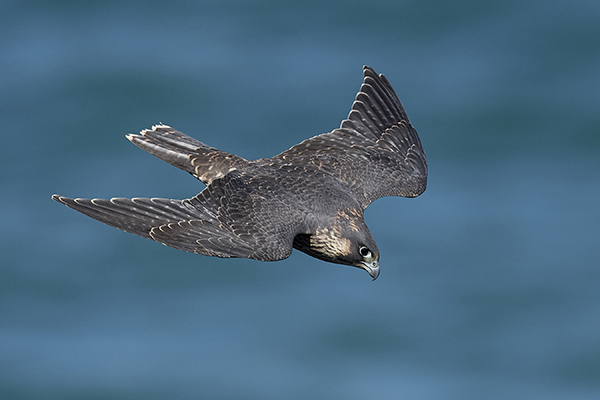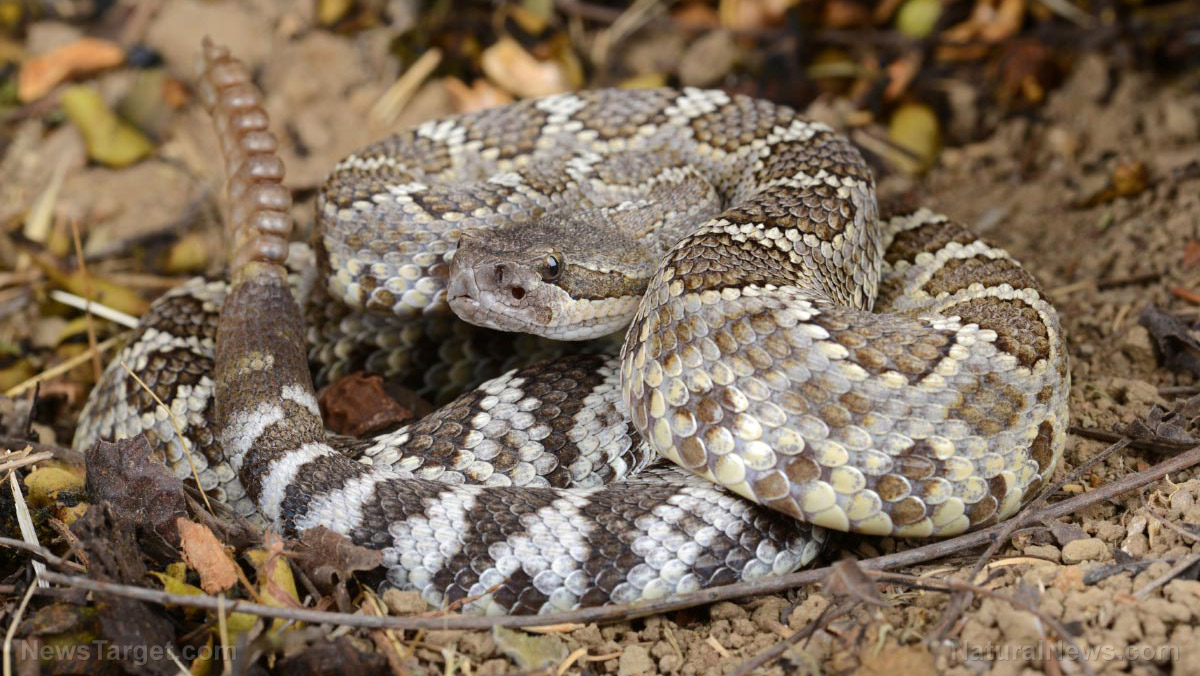Bird populations in America and Canada have declined by 29 percent, warn researchers
09/01/2020 / By Michael Alexander

The total bird population in the whole of North America has plummeted by 29 percent compared to the numbers recorded in 1970, a new study has revealed.
This loss, according to experts, translates to a loss of about three billion birds, and is evidence of a “widespread ecological crisis.”
As noted by researcher and ornithologist Ken Rosenberg of Cornell University, this decline affected not just the populations of threatened and migratory species such as imperial woodpeckers, belted flycatchers and swallows, but also of common species such as meadowlarks and sparrows.
“Multiple, independent lines of evidence show a massive reduction in the abundance of birds. We expected to see continuing declines of threatened species. But for the first time, the results also showed pervasive losses among common birds across all habitats, including backyard birds,” Rosenberg said.
Their findings offer proof that ecosystems across the U.S. and Canada have become severely impacted by the negative effects of human activity such as agriculture and urbanization, to the point that they can no longer support robust wildlife populations. (Related: Deadly pesticides STILL in use: Neonics are killing bees and birds, warn researchers.)
Rosenberg, in an interview, likened this to the proverbial canary in a coal mine, indicating an overall degradation in environmental quality, which ultimately will affect people in the long run.
As detailed in the journal Science, 90 percent of the nearly three billion birds lost belonged to 12 common bird families, including finches, swallows and warblers. According to the researchers, these species play influential roles in food webs and ecosystems as they often help in the dispersal of seeds, as well as in controlling pest populations.

Grassland birds have also been hit particularly hard, with a 53 percent reduction in their numbers since the early 1970s. This percentage is equivalent to a loss of more than 720 million birds.
Among the most affected bird populations are shorebirds, with their numbers already considered to be at “dangerously low” levels before losing more than a third of their population.
The volume of spring migration, as measured in the night skies by radar, has also dropped by 14 percent within the last decade.
“These data are consistent with what we’re seeing elsewhere with other taxa showing massive declines, including insects and amphibians,” Peter Marra, a biologist at Georgetown University in Washington DC, said, adding that the reasons behind these problems must be addressed immediately to prevent a domino effect that could lead to the further decay of the ecosystems that humans depend on for sustenance and livelihoods.
“People all over the world cherish birds in their own right. Can you imagine a world without birdsong?” Marra, the former head of the Smithsonian Migratory Bird Center, stated.
According to the researchers, evidence supporting their study includes data from a decade-long observation of bird migrations by 143 different Next-Generation Radar (NEXRAD) weather stations across North America, as well as information gleaned from nearly 50 years of multiple, on-ground bird monitoring efforts conducted with the help of volunteer bird spotters, such as the National Audubon Society‘s Christmas Bird Count and the United States Geological Survey‘s USGS North American Breeding Bird Survey, among others.
“Citizen-science participants contributed critical scientific data to show the international scale of losses of birds,” researcher and wildlife biologist John Sauer said, stressing that their research provides insights into actions that both the public and the government can take to reverse the declines.
Aside from mirroring population losses in animals from different taxa, the research team noted that the steep drop in North American bird populations also parallels the declines recorded in avian populations elsewhere in the world. This, the researchers said, means that there are multiple interacting and overlapping causes that are reducing the birds’ breeding successes and at the same time, increasing their mortality rates.
Prioritizing bird conservation
One way to stem the continued erosion in avian populations, the researchers said, is to adopt policies that would prioritize the animals’ conservation.
“The story is not over. There are so many ways to help save birds. Some require policy decisions,” researcher Michael Parr said, adding that campaigning for bans on the use of harmful pesticides, as well as lobbying for an increase in funds for bird conservation programs are two steps the public can take to help preserve bird populations.
“Each of us can make a difference with everyday actions that together can save the lives of millions of birds – actions like making windows safer for birds, keeping cats indoors, and protecting habitats,” Parr, the president of the American Bird Conservancy, stated, referring to a previous study that enumerated the common causes of avian deaths.
Several species now on the road to recovery
Despite the depressing nature of the report, the researchers also included several positive developments in their paper, such as documentation concerning population rebounds brought about in part by human conservation efforts.
These include that of waterfowl such as ducks, geese and swans. The researchers noted that these birds’ “remarkable” recovery over the past 50 years is the result of investments in conservation efforts, as well as billions of dollars of government funding for wetland protection and restoration.
Raptors and predatory birds like the bald eagle, meanwhile, have also been noted to have experienced a significant uptick in their numbers since the 1970s – a result of the banning of the harmful pesticide DDT, as well as protections provided by endangered species legislation in both the U.S. and Canada.
According to ecologist Adam Smith, the findings of the study must serve as a wake-up call not just to the public, but also, the government.
“The crisis reaches far beyond our individual borders,” Smith explained, noting that wide-reaching environmental policies must be enacted to save avian populations.
“What our birds need now is a historic, hemispheric effort that unites people and organizations with one common goal: bringing our birds back,” Smith said.
Sources include:
Submit a correction >>
Tagged Under:
This article may contain statements that reflect the opinion of the author





















